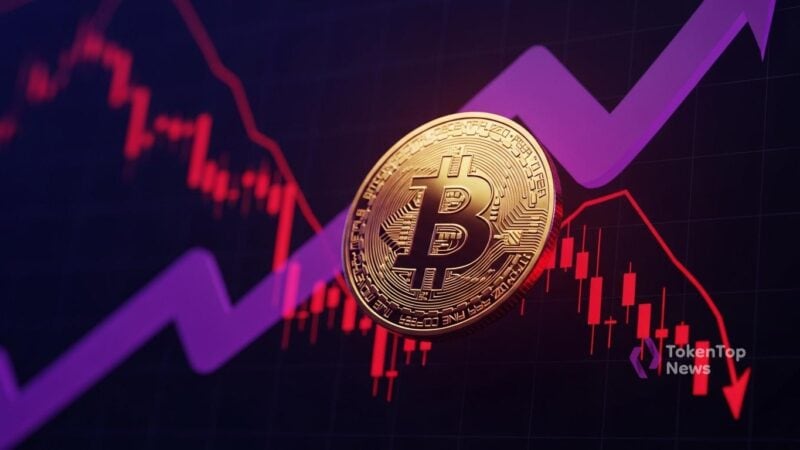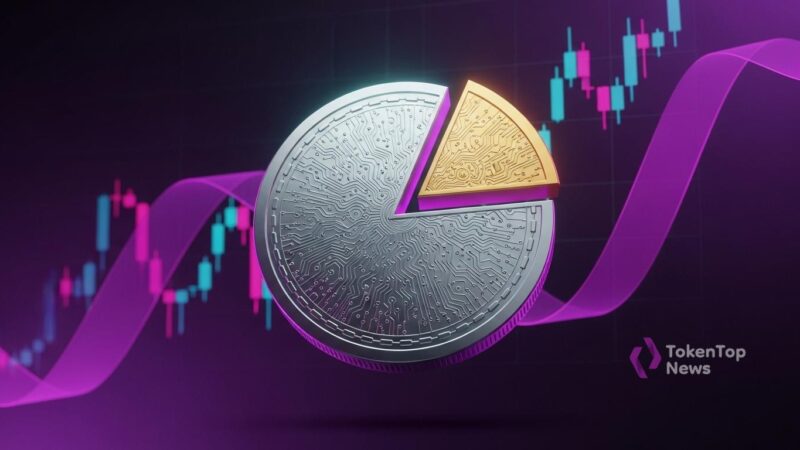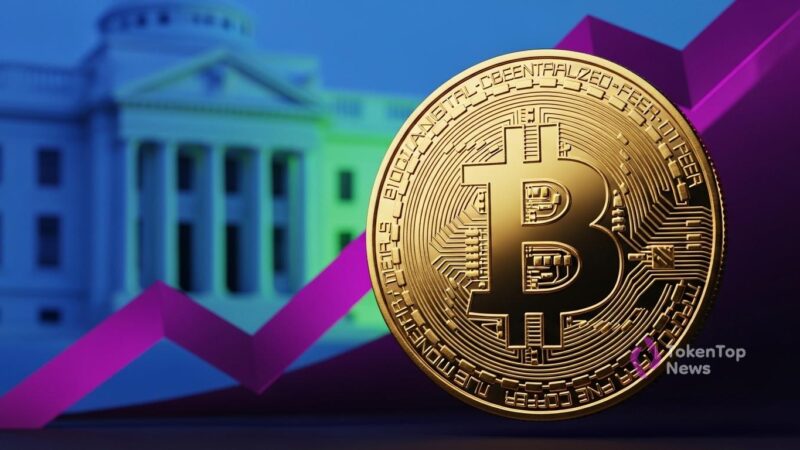Uniswap’s Fee Switch Proposal Threatens Basechain Pools
- Uniswap UNI -5.98% ’s fee switch aims to curb front-running pools on Basechain.
- Proposal introduced by key Uniswap figures, including Hayden Adams.
- Potential liquidity impact and incentive shifts for UNI holders and LPs.
Uniswap has proposed activating a protocol fee switch impacting front-running pools on Basechain, led by key figures Devin Walsh and Hayden Adams.
This move could alter liquidity and trading dynamics, affecting UNI holders and decentralized exchange operations significantly.
Uniswap’s Fee Switch Proposal and Its Impact
Uniswap has proposed activating its protocol fee switch, which targets Basechain front-running pools by reducing profitability. Spearheaded by Devin Walsh and Hayden Adams, this shift could alter the decentralized exchange landscape significantly.
By formally proposing a governance proposal, Uniswap’s leadership aims to activate protocol fees. This move by Adams and Walsh seeks to establish a unified incentive mechanism within Uniswap’s ecosystem.
The proposed fee switch directly affects Basechain pools, potentially rendering many unprofitable. With profitability challenges, front-running strategies may decline, impacting liquidity provision dynamics.
Financial repercussions include an $800 million UNI token burn to create deflationary pressure. This change aims to attract investor interest and enhance UNI’s value proposition.
Activating the fee switch may lead to liquidity reallocations and incentive realignments for liquidity providers. Uniswap’s protocol changes could significantly influence market dynamics.
Historically, governance changes affecting fees have prompted liquidity shifts and community debates. These dynamics are expected to intensify as Uniswap proceeds with its fee switch activation, aiming to optimize the exchange’s positioning in the crypto sector.
Devin Walsh, Executive Director & Co-founder, Uniswap Foundation, “Together with Uniswap founder Hayden Adams, they have formally put forward a governance proposal. This proposal will activate protocol fees and establish a unified incentive mechanism across the entire Uniswap ecosystem, aiming to make the Uniswap protocol the default decentralized exchange in the ‘tokenized value’ space.”



